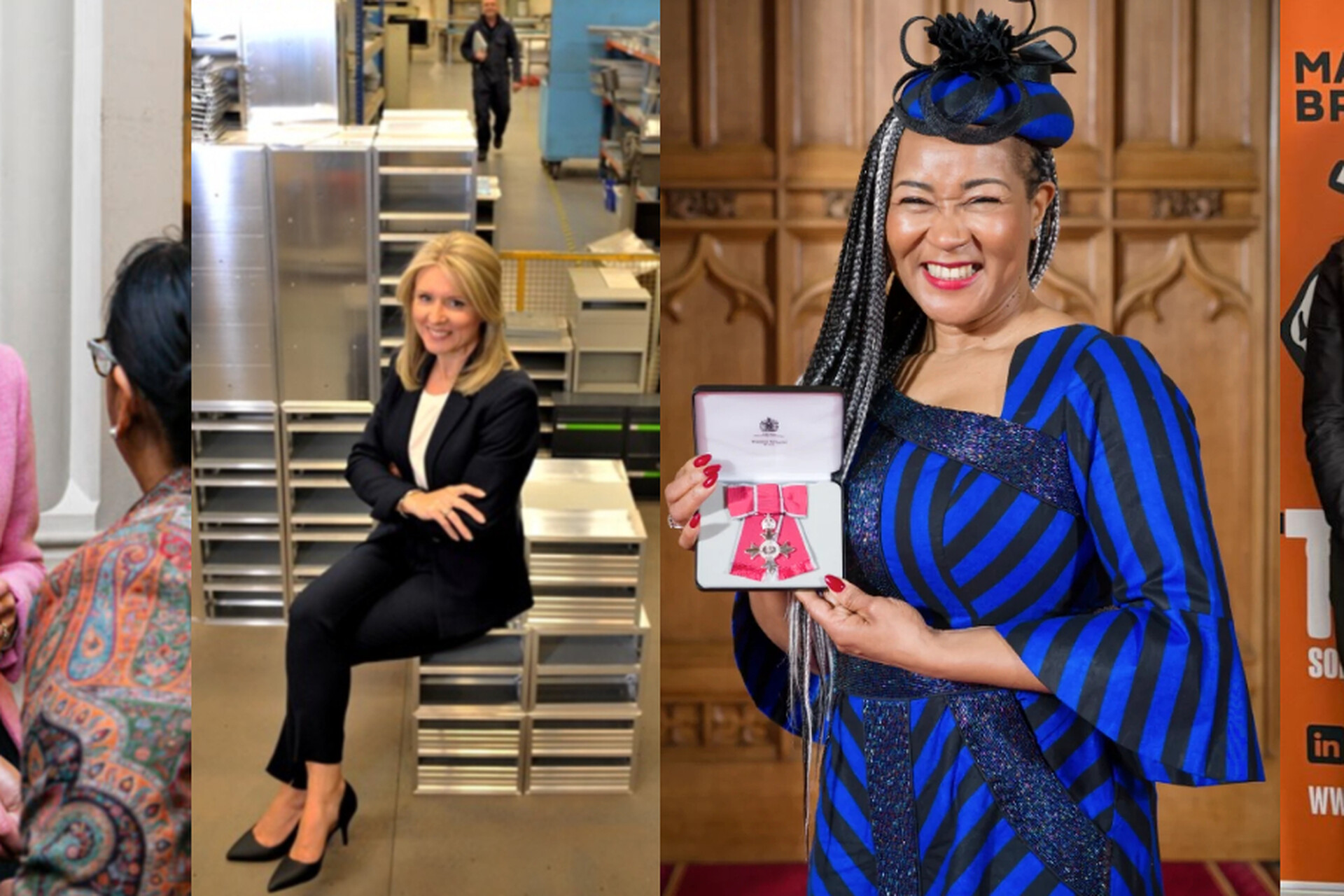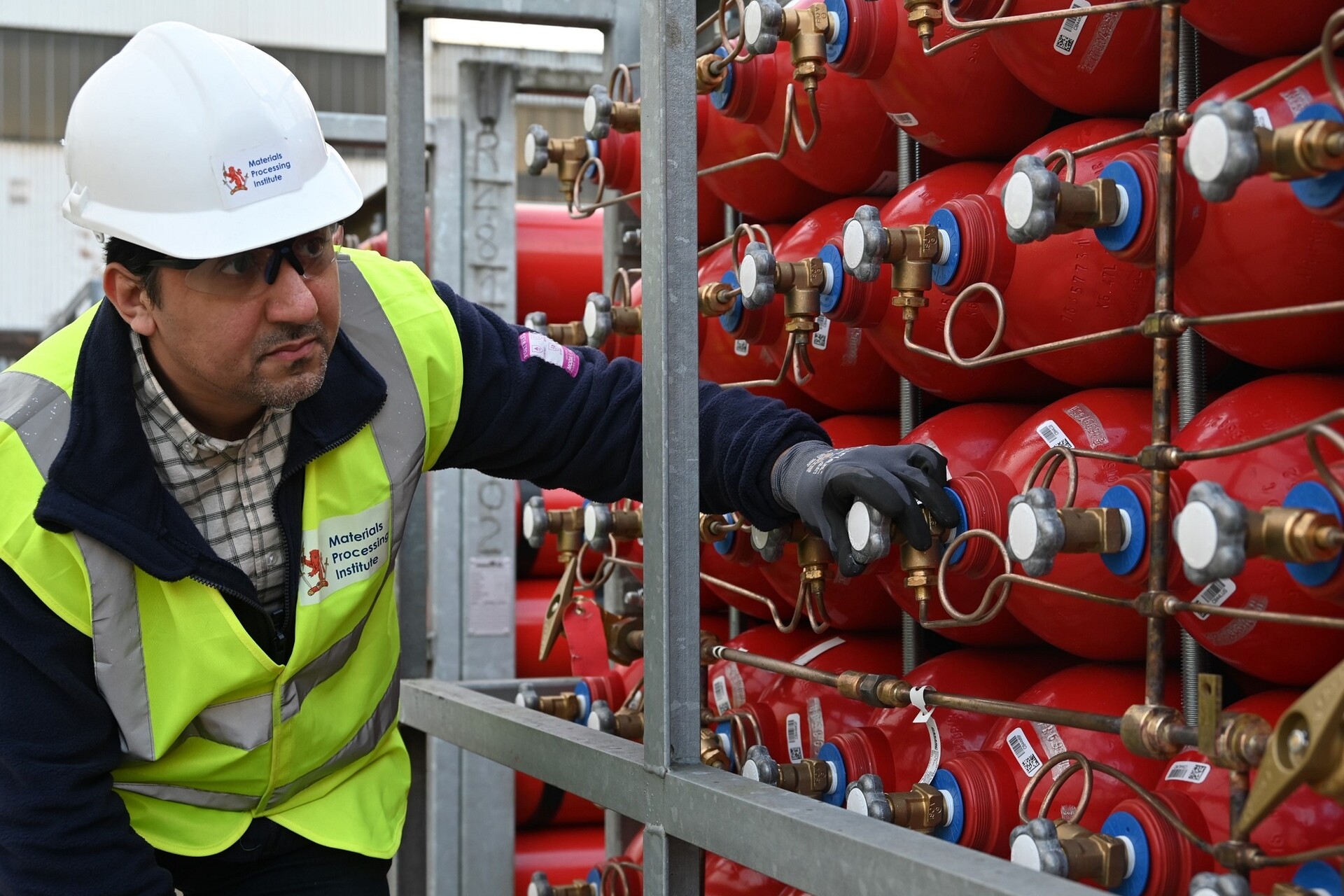Sector News > Education & Training
Gender Diversity: A Driving Force for Growth in British Manufacturing, Say STEM Leaders

By Marie Carter-Robb • Posted in Education & Training
The UK’s STEM leaders are calling on manufacturing and engineering firms to recognise and amplify the vital contributions of women driving innovation in the nation’s evolving production industry.
Despite making up more than half (51%) of the national population, women still represent only a quarter (26.1%) of the manufacturing workforce, according to 2024 figures from the Office for National Statistics. Globally, the UK ranks lowest for female representation in manufacturing among the top 15 industrial nations.
As the world marked International Women’s Day on 8 March, leading women from Made in Britain manufacturing companies highlighted the urgent need for greater visibility and representation to attract more female talent into one of the country’s most innovative industries.
Challenging outdated perceptions
Camilla Hadcock, Chairman of Made in Britain and Director of Roach Bridge Tissues, is passionate about changing perceptions of manufacturing as a career.
“We need to challenge outdated views and showcase how manufacturing thrives on creativity, problem-solving, and the natural aptitude many women have for making and designing. Contrary to popular belief, women aren’t intimidated by machinery—in fact, many excel in hands-on, technical environments. Advances in automation and robotics now handle more physically demanding tasks, making manufacturing more accessible than ever,” she said.
“Visibility is key. By highlighting the incredible contributions of women in STEM, we can inspire the next generation to see manufacturing and engineering as dynamic, diverse, and rewarding fields. Gender diversity across the sector isn’t just a moral imperative - it’s a critical factor in fuelling growth for British manufacturing.”
Encouraging women into reshoring and innovation
Alison Orrells, CEO of The Safety Letterbox Company, believes engaging young women early is essential for the future of British manufacturing, particularly as the sector looks to reshore production.
“There is a real opportunity to reduce reliance on imports and strengthen domestic manufacturing. The benefits - shorter lead times, job creation, supply chain control, and reduced emissions - are huge. But to succeed, we must ensure that women are not overlooked and that the vast array of career opportunities in manufacturing is fully showcased to aspiring girls and women,” she said.
Alison, who has led her award-winning company for 26 years, emphasises that now is the time to change the narrative.
“With renewed focus on British-made products, we have a unique chance to encourage more diversity in our sector. From apprenticeships at all levels to embracing cutting-edge technologies like AI, manufacturing is evolving fast. It offers a huge variety of career paths - not just in production and engineering, but in leadership, operations, HR, sales, and marketing. The challenge is making sure young women see these opportunities early on.”
Shifting stereotypes through visibility
Shalom Lloyd MBE, Founder and Managing Director of Naturally TIWA Skincare, agrees that breaking down stereotypes starts with showcasing real female role models.
“At a basic level, ‘you can’t be what you can’t see.’ If we want more women leading in manufacturing, we need to make their contributions visible,” she said.
Shalom’s workforce, which processes organic shea butter, is entirely female-led. “My factory manager is a true force of nature! Seeing women operating machinery and leading at the forefront - that is what we need more of in this industry.”
A UK Department of Business and Trade Export Champion since 2018, Shalom is passionate about inspiring the next generation. “We need to reach young women who are eager to create and innovate - because when you love something, it stops being just a job and becomes a calling.”
Breaking down the ‘grimy’ stereotype
Amanda Coffman, Commercial Manager at Thor Hammer Ltd, has worked in British manufacturing for 20 years, rising from an export administrator to leading the company’s commercial team.
“There’s still this lingering idea that manufacturing is ‘dirty’ work, and that can put some women off. But the reality is, we’ve moved far beyond the old, grimy factory floor stereotype. Manufacturing today is high-tech, fast-paced, and full of opportunity,” she said.
Amanda believes more needs to be done at the education level to shift perceptions. “It’s not just about giving women equal access to courses—it’s about actively showing female innovators at work and reassuring young women that this sector is for them.”
With growing momentum to reshape British manufacturing and drive gender diversity, now is the time to ensure women are at the forefront of innovation and leadership in the sector.
To learn more about Made in Britain and its community of UK manufacturers, visit www.madeinbritain.org.




